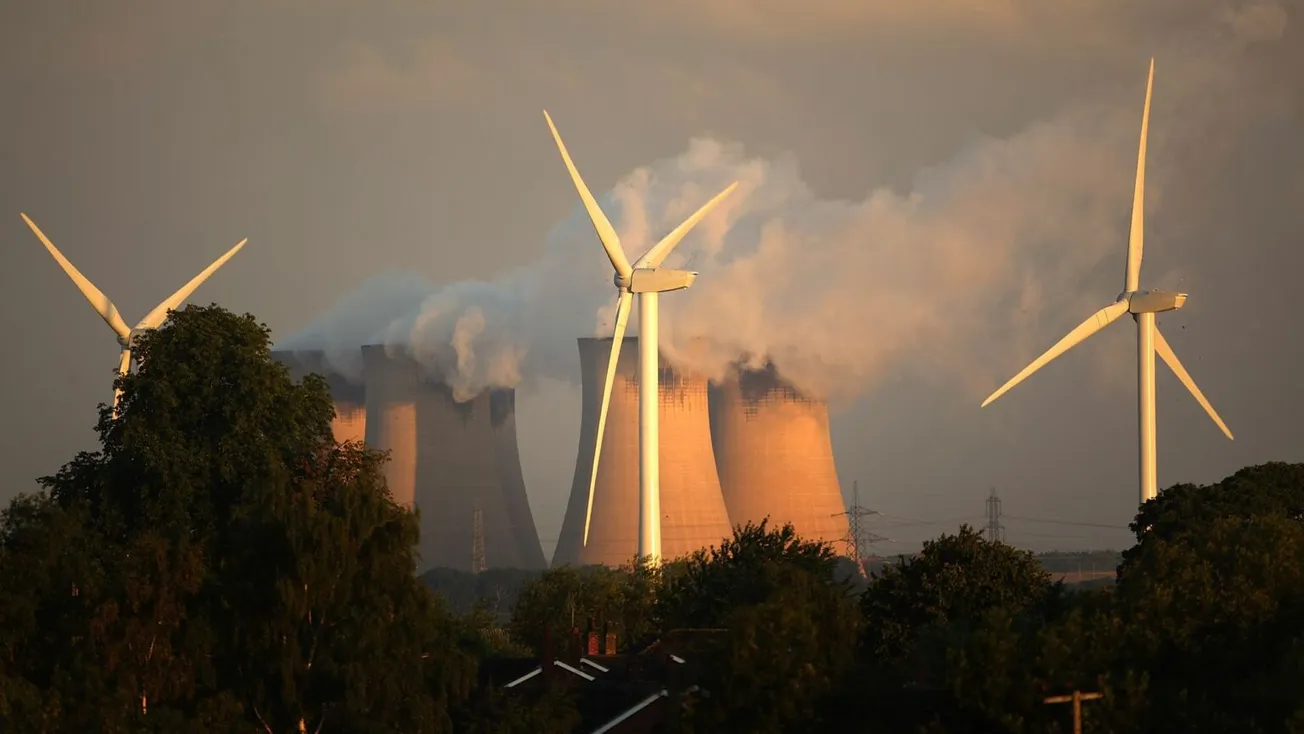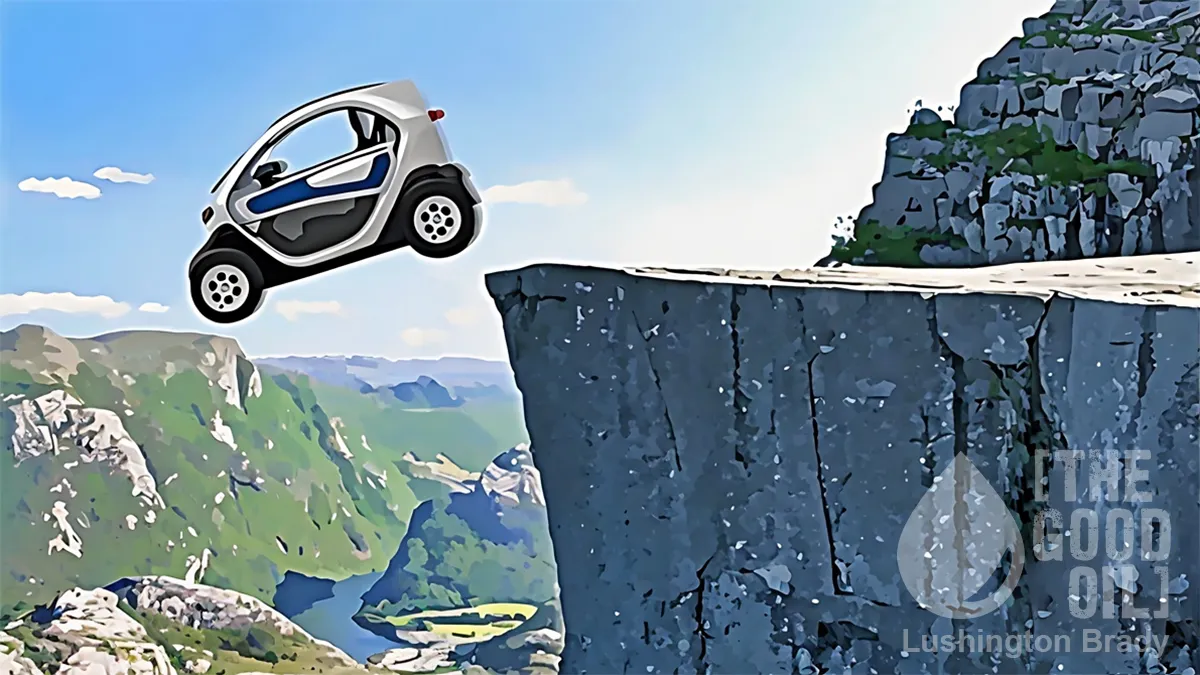Table of Contents
The European political landscape has been shifting for some time, with Brexit leading to a rising tide of discontent with the administrative state that is the EU. After Brexit, bureaucracy in Brussels moved quickly to reassure remaining states that it was an unfortunate aberration; that all was well with the Union, and the bureaucrats continued, business as usual, in the comfort of their tax-free jobs.
The huge Dutch farmer-led protests against their government’s move to reduce the use of nitrogen fertiliser by up to 70 per cent and thus jeopardise their country’s food-crop production, was another warning that not all is well in Europe.
The growing trend in European election successes for right-of-centre parties culminated last week with a huge win for Giorgia Meloni in Italy. The mainstream media (including NZ) have tried to label her as an extreme fascist, which is not correct. Yes, she was a fascist as a youth, just as Jacinda Ardern was an extreme socialist.
The real reason why the establishment is so worried is because Meloni’s election threatens the passive acceptance of EU interference in Italian politics.
It is the growing energy crisis in Europe, however, that should worry us all. Energy prices in Europe have increased so much that industries are cutting production and considering relocating. Natural gas in Europe is now seven times more expensive than the US, and one German plastics maker, Covestro AG, is considering moving production to Asia, where energy prices are 20 times cheaper than the current European spot market.
Industry represents 30 per cent of the German economy and, as the powerhouse of Europe, if Germany sneezes the rest of Europe catches a cold. Unfortunately, this is a disaster of their own making, with climate change action having driven their energy policies to subsidise renewables and discourage gas and nuclear energy. Quite simply, their headlong rush to renewables has not only destabilised their energy sector, but also made them dependent on Russian gas long before the first tank rumbled across the border into Ukraine.
It has emerged that Russia has long been backing the environmental groups who oppose fracking. Putin played on our naivete and willingness to jump to save the planet. We virtuously thought that all we need do was build more wind and solar farms and we would have no need for nasty fossil fuels.
But we didn’t realise how much we are dependent on reliable and affordable energy, and the repercussions of such naivete are now coming home to roost.
The energy crisis sees Europe now scrambling to reopen mothballed coal power plants and nurse aging nuclear power stations through the winter. They are scrambling to reopen coal mines and reverse fracking bans – but, unfortunately, finding and developing gas reserves takes time, and new gas energy will not come on stream this winter.
The sad fact is that people will die of the cold. In a normal year in the UK, there are 80 times more climate-related deaths due to cold than to heat; regrettably, this winter, it will be more.
Unfortunately, we have already started down the same policy path as Europe and it is crucial that we stop and learn from their mistakes, or we are doomed to repeat them. And at what cost?









